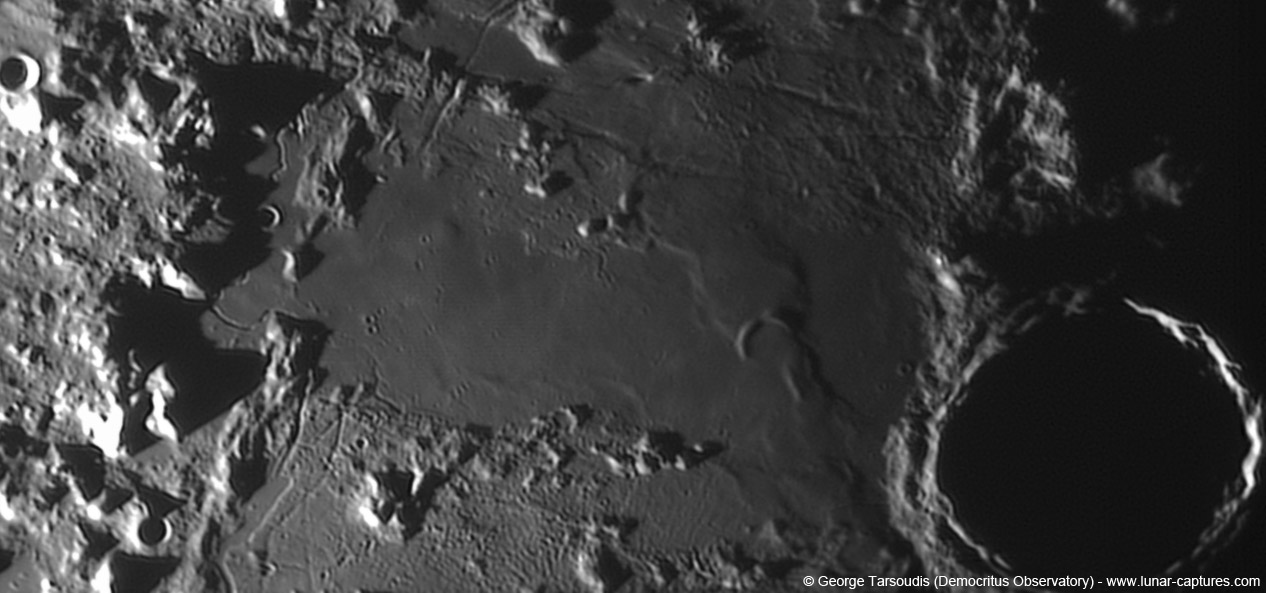Difference between revisions of "August 4, 2011"
| (6 intermediate revisions by the same user not shown) | |||
| Line 1: | Line 1: | ||
__NOTOC__ | __NOTOC__ | ||
=Putrid Ridge Spoils Spurr= | =Putrid Ridge Spoils Spurr= | ||
| − | + | <!-- Start of content --> | |
<!-- ws:start:WikiTextHeadingRule:0:<h1> --> | <!-- ws:start:WikiTextHeadingRule:0:<h1> --> | ||
<!-- ws:start:WikiTextLocalImageRule:6:<img src="/file/view/LPOD-Aug4-11.jpg/244212517/LPOD-Aug4-11.jpg" alt="" title="" /> -->[[File:LPOD-Aug4-11.jpg|LPOD-Aug4-11.jpg]]<!-- ws:end:WikiTextLocalImageRule:6 --><br /> | <!-- ws:start:WikiTextLocalImageRule:6:<img src="/file/view/LPOD-Aug4-11.jpg/244212517/LPOD-Aug4-11.jpg" alt="" title="" /> -->[[File:LPOD-Aug4-11.jpg|LPOD-Aug4-11.jpg]]<!-- ws:end:WikiTextLocalImageRule:6 --><br /> | ||
<em>south up image by [mailto:gtarsoudis@gmail.com George Tarsoudis], Greece</em><br /> | <em>south up image by [mailto:gtarsoudis@gmail.com George Tarsoudis], Greece</em><br /> | ||
<br /> | <br /> | ||
| − | Here is an interesting stratigraphic problem to puzzle over. Palus Putredinus, the broad band of mare stretching | + | Here is an interesting stratigraphic problem to puzzle over. Palus Putredinus, the broad band of mare stretching |
| − | from the Apennines to Archimedes, interupts the band of older and rougher terrain to its north and south. The | + | from the Apennines to Archimedes, interupts the band of older and rougher terrain to its north and south. The |
| − | truncation of the rilles paralleling the Apennines shows that the Putrid lavas are younger; they were probably | + | truncation of the rilles paralleling the Apennines shows that the Putrid lavas are younger; they were probably |
| − | partially fed by Hadley Rille on the left against the mountains. I imagine that lavas fill an area that had faulted | + | partially fed by Hadley Rille on the left against the mountains. I imagine that lavas fill an area that had faulted |
| − | downward as a giant graben. Near Archimedes is the small (D = 13 km) half crater known as Spurr. The crater | + | downward as a giant graben. Near Archimedes is the small (D = 13 km) half crater known as Spurr. The crater |
| − | formed on an earier and lower surface, and its north rim was somehow destroyed by the last stages of Putrid | + | formed on an earier and lower surface, and its north rim was somehow destroyed by the last stages of Putrid |
| − | lavas. But what was the role of the broad mare ridge passing under or around Spurr? Is the ridge older or younger | + | lavas. But what was the role of the broad mare ridge passing under or around Spurr? Is the ridge older or younger |
| − | than Spurr? Was it responsible for the loss of Spurr's western rim? Why did the ridge form?<br /> | + | than Spurr? Was it responsible for the loss of Spurr's western rim? Why did the ridge form? |
| + | <br /> | ||
<br /> | <br /> | ||
<em>[mailto:tychocrater@yahoo.com Chuck Wood]</em><br /> | <em>[mailto:tychocrater@yahoo.com Chuck Wood]</em><br /> | ||
| Line 21: | Line 22: | ||
<br /> | <br /> | ||
<strong>Related Links</strong><br /> | <strong>Related Links</strong><br /> | ||
| − | Rükl plate [ | + | Rükl plate [https://the-moon.us/wiki/R%C3%BCkl_22 22]<br /> |
George's [http://www.lunar-captures.com/ website]<br /> | George's [http://www.lunar-captures.com/ website]<br /> | ||
<br /> | <br /> | ||
<hr /> | <hr /> | ||
| + | <p><b>Yesterday's LPOD:</b> [[August 3, 2011|Drawing the Line]] </p> | ||
| + | <p><b>Tomorrow's LPOD:</b> [[August 5, 2011|Sister Splat]] </p> | ||
| + | <!-- End of content --> | ||
| + | {{wiki/ArticleFooter}} | ||
Latest revision as of 18:44, 13 October 2018
Putrid Ridge Spoils Spurr

south up image by George Tarsoudis, Greece
Here is an interesting stratigraphic problem to puzzle over. Palus Putredinus, the broad band of mare stretching
from the Apennines to Archimedes, interupts the band of older and rougher terrain to its north and south. The
truncation of the rilles paralleling the Apennines shows that the Putrid lavas are younger; they were probably
partially fed by Hadley Rille on the left against the mountains. I imagine that lavas fill an area that had faulted
downward as a giant graben. Near Archimedes is the small (D = 13 km) half crater known as Spurr. The crater
formed on an earier and lower surface, and its north rim was somehow destroyed by the last stages of Putrid
lavas. But what was the role of the broad mare ridge passing under or around Spurr? Is the ridge older or younger
than Spurr? Was it responsible for the loss of Spurr's western rim? Why did the ridge form?
Chuck Wood
Technical Details
July 8, 2011, 1811 UT. 10 inch @f/6.3, camera Unibrain fire-i 785, filter Red, barlow 3X.
Related Links
Rükl plate 22
George's website
Yesterday's LPOD: Drawing the Line
Tomorrow's LPOD: Sister Splat
COMMENTS?
Register, Log in, and join in the comments.



